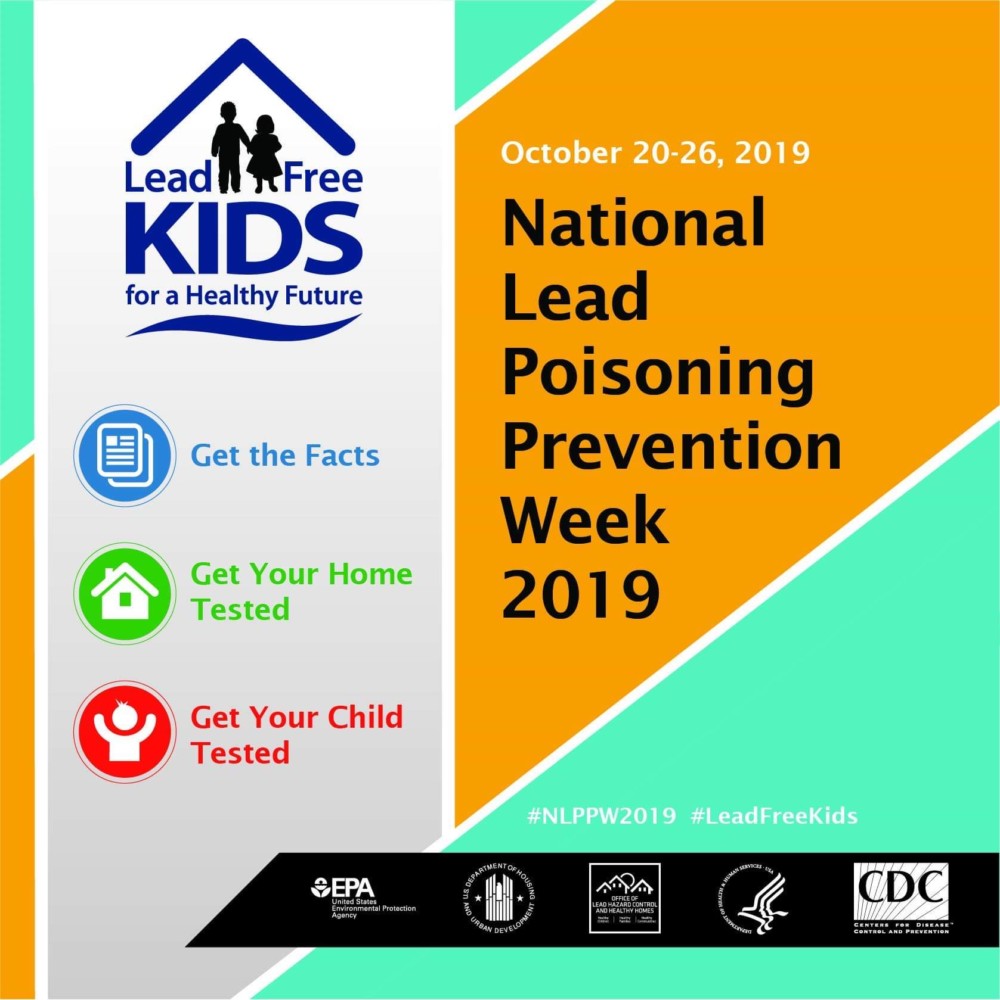
Is There Lead In Your Water? PWD’s Free Lead Testing to See if Your Water is Safe
Lead in drinking water is not visible, nor does it have a distinct taste or scent. This makes it nearly impossible to detect lead in your water source-without asking your water provider.
But it’s not the water that’s the problem.
You may be adamant about protecting children from old lead-based paint and battery casings, the primary sources for lead in tap water are lead pipes, faucets, and other plumbing fixtures, according to the CDC.
“When high lead levels are found in tap water, the lead comes from plumbing on the customer’s property.”
PWD
Lead Testing Offered By Philly Water Department
PWD offers free year-round lead testing scheduled by appointment, along with various programs for lead line replacement. Like many things, there’s a slight hiccup in those plans due to current circumstances.
Due to the recent events of COVID-19, “Lead testing is delayed for now, not cancelled. People can still call in and give us their names and information, and as soon as we can get back to normal services, we will resume testing and surveying home plumbing,” claims Laura Copeland, PWD spokeswoman.
After a sample of a person’s tap water is collected by the Bureau of Laboratory Services division (BLS), if water quality specialists detect an issue, the Philadelphia Water Department returns to the home and works to find the source of lead. Upon detecting the source, the department provides options for eliminating the issue.

If somebody would prefer to test for lead on their own, there are a few at-home options. Three EPA-recognized lead testing kits that you can find at local home improvement are 3M Leadcheck, D-Lead, and the State of Massachusetts. A red dot will signify if there are traces of lead. (Good news: you can order the tests online while you’re social distancing or order a store pickup if you have to venture out for other essential items.)
Here’s a FREE way to determine if your pipes are lead
Want to try this at home? According to the PWD, complete the following steps to check your water service line for lead:
- First things first: find your water meter in your basement.
- Scratch the pipe connecting to your meter from the outside with a key or spare coin.
- If the scratch turns a shiny silver color, it could be either lead or steel.
- If your pipe is painted, use sandpaper to expose the metal.
- After exposing the metal, if a magnet sticks to the pipe it is steel. Note that the magnet will not stick if the pipe is lead.
Lead Line Replacement Programs
According to PWD’s website, they offer the following three lead line replacement programs:
- Homeowner Emergency Loan Program (HELP): A loan if you are looking to replace your lead service line. A benefit to this offer is the loan acquires no interest.
- Private Contractors: With varying prices, you can get in touch with licensed and insured plumbers for an estimate on lead service line replacement, or other lead sources found in plumbing.
- Free Removal During Water Main Replacement: If the PWD is replacing the water main on your block, they will also offer to replace any lead service line from the City’s water main to your meter.
If you are still concerned about the levels of lead in your water source or are curious about more information, you can contact the BLS at (215) 685-6300.









